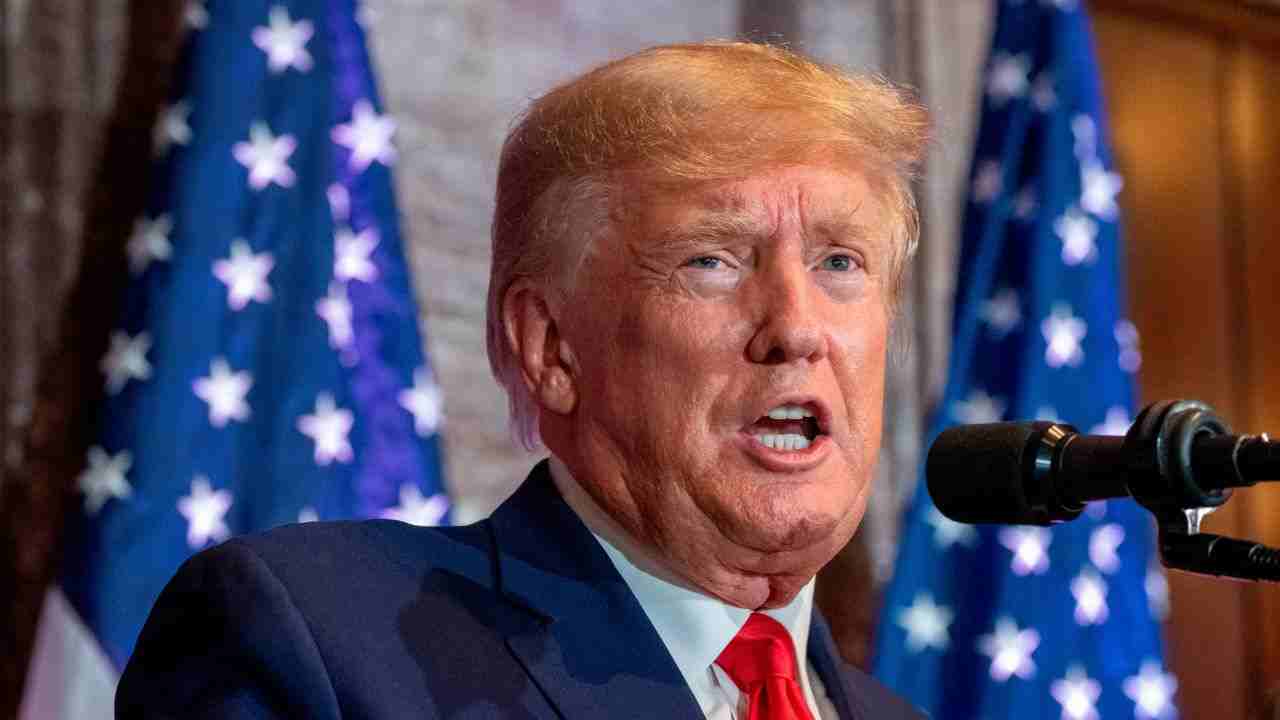In a departure from his first presidency, former President Donald Trump announces his children would not hold official positions in a potential future administration. Here’s what this means for a possible Trump White House comeback and how it may influence public opinion and campaign dynamics.
Background: Trump’s Family in His First Term
During his 2017-2021 tenure, Donald Trump’s White House was marked by the prominent roles of family members. His daughter Ivanka Trump and son-in-law Jared Kushner held senior advisor positions, a move that drew mixed reactions. Supporters cited their business expertise as beneficial to Trump’s agenda, while critics raised nepotism concerns, questioning whether family appointments in government positions compromised ethics.
The backlash around family involvement in the government has lingered in political discourse. Since then, polls indicate growing public skepticism toward nepotism, with many Americans favoring tighter regulations on family appointments in the executive branch.
Why Trump’s New Stance on Family Matters
Trump’s latest declaration signals a strategic shift. In a statement, Trump suggested that while he values his family’s contributions, he may aim to avoid the controversy of family appointments in order to “focus on traditional governance” and appease critics of nepotism. By choosing this approach, Trump’s potential 2024 campaign appears geared toward appealing to voters who may have previously questioned his family’s influence in the White House.
Political analysts speculate that this move could allow Trump to redirect public focus onto his policies and achievements, rather than on his family dynamics, which were a frequent topic of debate during his first term.
Key Implications for a Future Trump Administration
Trump’s new approach to family involvement could influence how future executive positions are structured. Here’s what this could mean:
- Traditional Staffing: Without family in key roles, Trump may appoint established political or policy experts instead, offering a more traditional executive administration lineup. This could broaden his appeal by avoiding the controversies associated with nepotism.
- Public Perception of Professionalism: The decision might address voters’ concerns about ethics in government staffing. Given the increased scrutiny of ethical standards, this change could be seen as a positive shift, aligning Trump’s campaign more closely with voters’ preferences for clear boundaries between family and government.
- Shifts in Campaign Strategy: By emphasizing a more conventional administration model, Trump may also be signaling a shift in campaign tactics—focusing on policy and national issues, rather than personal affiliations.
Political and Public Reactions to Trump’s Decision
Political Analyst Perspectives
Political analysts believe this announcement could positively influence Trump’s campaign by neutralizing some prior criticisms. According to Dr. Sarah Martinez, a political science professor at Georgetown University, the move reflects a “strategic adaptation to evolving public sentiment.” She notes that while past American presidents have involved family in government roles, the trend has shifted toward clearer separation between family and public office.
Family Members’ Ongoing Influence
Though Trump’s children might not serve in official roles, Donald Trump Jr. and Eric Trump remain active in business and political circles. Ivanka Trump, however, has distanced herself from direct political involvement, opting to focus on private endeavors since leaving her White House role. Their public profiles ensure they remain influential figures within Trump’s sphere, even without formal positions.
Broader Discussion on Nepotism and Ethics in Government
The ethics of family involvement in government roles continues to evolve. The John F. Kennedy administration, for instance, famously appointed Robert F. Kennedy as Attorney General, which at the time sparked a conversation about familial influence in politics. Recent years, however, have seen a growing demand for transparency and ethical standards in government, leading many to question nepotism practices more critically.
Ethics and Nepotism: A Shifting Political Climate
The discussion surrounding nepotism in government has become more complex over recent years, with increased scrutiny on ethics in the executive branch. Trump’s new stance could contribute to reforming standards and establishing clearer boundaries in government appointments, marking a significant change from his first presidency.
Polls indicate growing support for ethical reforms and more regulations on family involvement in government, suggesting that Trump’s decision to exclude family members from official roles might resonate with public expectations. If Trump chooses traditional political experts for advisory roles, his administration could gain a sense of institutional credibility that aligns with current public sentiment on government transparency.
Read More:
China Escalates Military Presence Around Taiwan Following U.S. $2 Billion Arms Sale – Sarv Patrika

